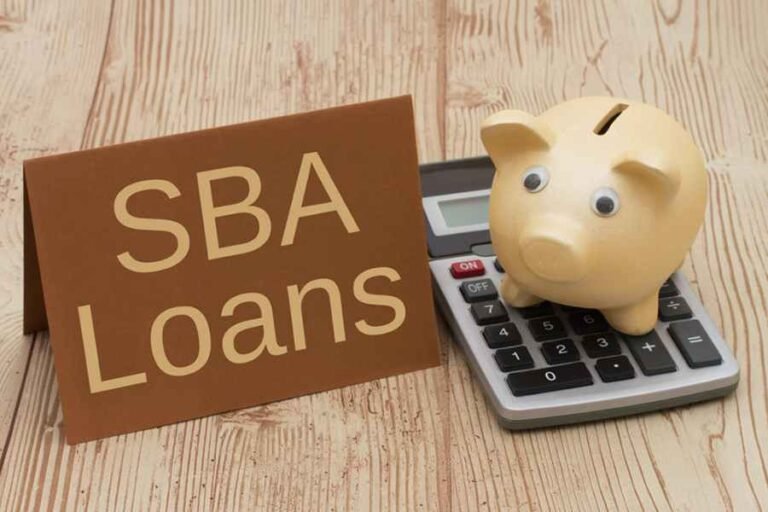You must be a small business as defined by the SBA, which typically means having fewer than 500 employees.
You must be an eligible business type, which includes most for-profit businesses in the United States.
You must have exhausted other financing options, such as personal assets or other forms of financing.
You must have a sound business purpose for the loan, such as expanding, purchasing equipment, or refinancing existing debt.
You must have a reasonable ability to repay the loan, based on your business’s financial history and projections.
You must have a good credit history, although specific credit score requirements vary by lender.
In addition to these general requirements, each lender may have its own set of criteria for SBA 7(a) loan qualification. This could include industry-specific requirements, collateral requirements, or additional documentation needed to support your loan application.
SBA 7(a) Loan Application Process
To apply for an SBA 7(a) loan, you’ll need to follow these general steps:
1. Determine your eligibility: Make sure you meet the SBA’s requirements for a 7(a) loan.
2. Find a participating lender: Search for SBA-approved lenders in your area who offer 7(a) loans.
3. Gather your documents: Prepare all the necessary documentation for your loan application, which may include business financial statements, tax returns, and a business plan.
4. Submit your application: Complete the lender’s loan application and submit it along with your supporting documents.
5. Await approval: The lender will review your application and determine if you meet their specific criteria for an SBA 7(a) loan.
6. Close the loan: If your application is approved, you’ll work with the lender to finalize the terms of the loan and receive the funding.
Overall, SBA 7(a) loans can be a valuable financing option for small businesses looking to grow or expand. By understanding the different types of 7(a) loans, qualification requirements, rates, and the application process, you can better position yourself to secure the funding you need for your business. Nonprofit companies are often ineligible for traditional financing options due to their unique structure and mission. However, for-profit businesses in the United States may be eligible for Small Business Administration (SBA) loans under certain conditions. To qualify for an SBA loan, your business must meet specific criteria outlined by the SBA.
First and foremost, your business must be engaged in business operations in the United States. This means that your business must have a physical presence and conduct business activities within the country. Additionally, you must have a reasonable amount of owner equity invested in the business. This shows lenders that you are personally committed to the success of your business.
Furthermore, you must have exhausted or been unable to obtain other financing options before applying for an SBA loan. This demonstrates to lenders that you have explored all possible avenues for funding your business. Additionally, you must not be delinquent on any federal debt, as this can negatively impact your eligibility for an SBA loan.
In order to qualify for an SBA loan, your business must also meet the SBA’s definition of a small business. You can use the SBA’s size standards tool on their website to determine if your business qualifies as a small business. It’s important to note that ineligible businesses, such as those engaged in illegal activities or gambling, are not eligible for SBA loans.
In addition to meeting the SBA’s eligibility requirements, there are several financial factors that lenders will consider when evaluating your loan application. These factors include your personal credit score, business credit score, debt service coverage ratio (DSCR), time in business, down payment, and collateral or personal guarantee.
The terms of an SBA 7(a) loan can vary depending on the type of loan and the lender. Repayment lengths can range up to 25 years for real estate, with working capital, machinery, and equipment terms up to 10 years. Certain types of 7(a) loans have different terms, such as SBA Express loans with up to 10 years for a revolving line of credit.
There are also fees associated with SBA loans, including guarantee fees, packaging fees, servicing fees, third-party fees, and prepayment fees. These fees are set by the SBA and can vary depending on the specifics of your loan.
Overall, SBA 7(a) loans can be a valuable financing option for for-profit businesses that meet the eligibility criteria. By understanding the requirements and terms of SBA loans, you can determine if this type of financing is right for your business.

